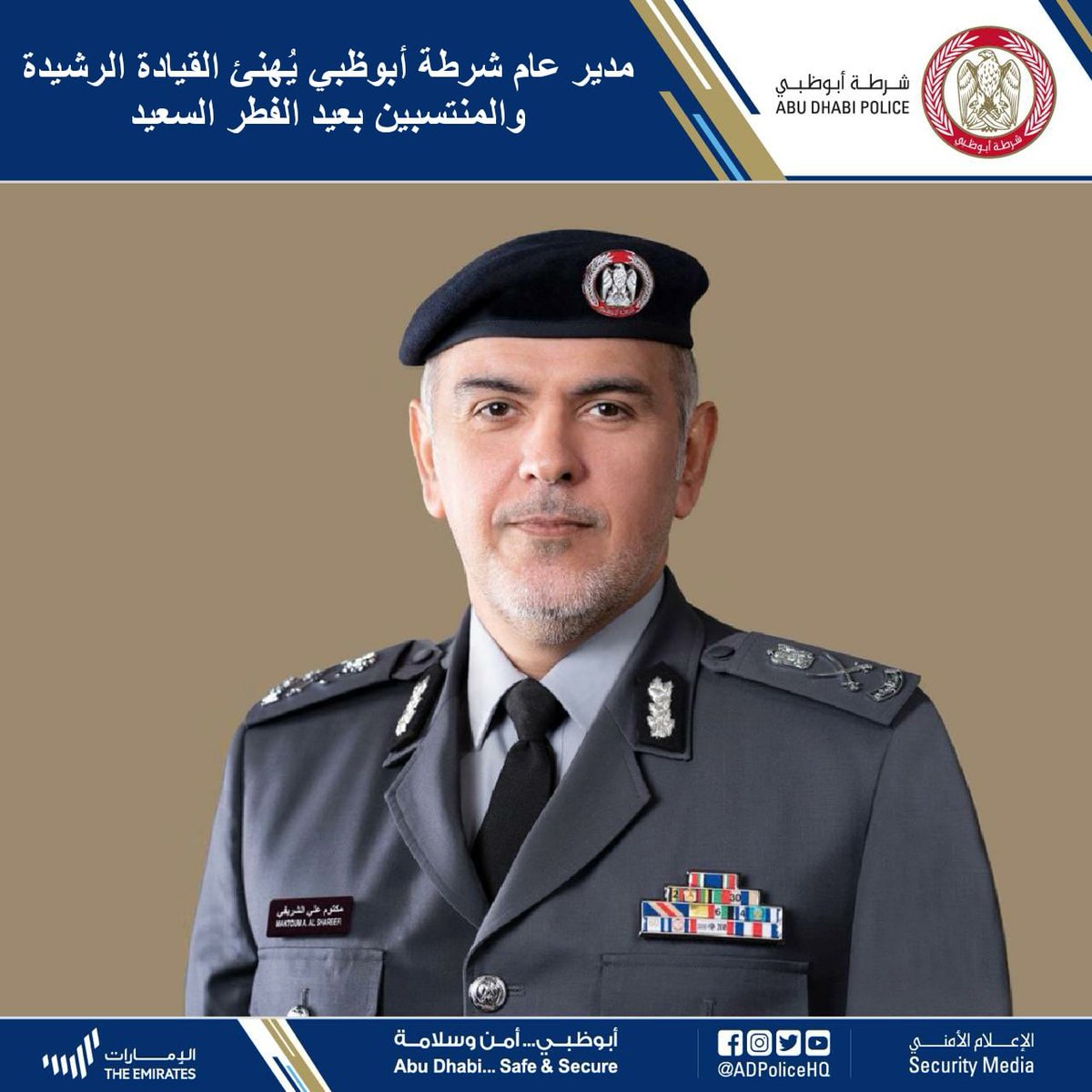U.S.-Iran Nuclear Talks: Stalemate On Key Issues

Table of Contents
Sanctions Relief and Economic Guarantees
Iran's central demand is substantial sanctions relief as a precondition for returning to full compliance with the JCPOA. Years of crippling sanctions have severely impacted Iran's economy, and the regime views their removal as essential for re-engaging in the agreement. The U.S., however, expresses concerns about providing guarantees that future administrations won't reimpose sanctions, fearing a lack of commitment from Iran and potential future violations. This lack of trust forms a major hurdle.
- Specific sanctions Iran wants lifted: This includes restrictions on oil exports, access to the international banking system (SWIFT), and limitations on trade in crucial sectors. The removal of these sanctions is vital for Iran's economic recovery.
- Concerns about the "snap-back" mechanism: The potential for the "snap-back" mechanism – the rapid reimposition of UN sanctions – worries Iran, as it undermines the perceived long-term stability of any agreement. This mechanism is a critical point of contention.
- The role of international banking institutions: The involvement of international banking institutions is crucial for facilitating sanctions relief and ensuring the smooth flow of funds. However, concerns about secondary sanctions deter many banks from engaging with Iran.
- Discussions around verifiable guarantees and mechanisms for dispute resolution: Establishing verifiable guarantees and robust dispute resolution mechanisms is vital to build confidence and prevent future disagreements from escalating.
Iran's Nuclear Program and Enrichment Levels
Iran's advancements in uranium enrichment capabilities are a major source of international concern. The enrichment process brings Iran closer to the capacity to produce weapons-grade uranium, triggering fears of nuclear proliferation. The U.S. and its allies seek to impose strict limitations on Iran's enrichment activities to ensure its peaceful nature.
- Current levels of uranium enrichment in Iran: Iran's current enrichment levels are significantly higher than those permitted under the JCPOA, raising serious concerns. Monitoring these levels is critical.
- International Atomic Energy Agency (IAEA) inspections and verification: The IAEA's role in monitoring Iran's nuclear program is paramount. Maintaining robust and transparent inspections is essential for building confidence.
- The potential for Iran to develop nuclear weapons: While Iran insists its nuclear program is for peaceful purposes, the rapid advancement in enrichment capabilities fuels concerns about its potential to develop nuclear weapons.
- The timeframes involved in reaching weapons-grade enrichment: The time it would take Iran to produce enough weapons-grade uranium is a key factor in assessing the urgency of the situation. This timeline informs the negotiation strategies.
Regional Security Concerns and Proxies
Regional conflicts and Iran's support for proxy groups significantly complicate the nuclear negotiations. The U.S. links Iran's nuclear ambitions to its regional activities, viewing them as interconnected issues. This linkage makes a straightforward nuclear deal incredibly complex.
- Iran's relationship with groups like Hezbollah and the Houthis: Iran's support for these groups fuels regional instability and is a major concern for the U.S. and its allies. This is seen as a destabilizing influence.
- U.S. concerns about Iranian regional influence: The U.S. aims to curb Iran's regional influence, which it sees as a threat to its allies and interests. This is a key point of tension.
- The role of regional powers (e.g., Saudi Arabia): Regional rivalries, particularly between Iran and Saudi Arabia, further complicate the situation. These dynamics influence negotiations significantly.
- Potential for a broader security arrangement alongside the nuclear deal: Some suggest a broader security arrangement addressing regional issues alongside the nuclear deal could help achieve a comprehensive resolution.
The Role of International Actors
The involvement of other world powers, including the E3 (UK, France, Germany), Russia, and China, is crucial. Their positions and actions significantly impact the talks. A unified international front is needed to achieve success.
- Different approaches of the E3 powers: While the E3 generally supports the JCPOA revival, their approaches and levels of engagement vary.
- Russia and China's stances on sanctions relief and Iran's enrichment capabilities: Russia and China's stances are significant, particularly regarding sanctions relief and Iran's enrichment levels. Their cooperation is vital.
- The role of the UN Security Council: The UN Security Council's role in endorsing and enforcing any agreement is crucial for its success.
- The potential for indirect talks or shuttle diplomacy: Given the direct communication difficulties, indirect talks or shuttle diplomacy might be necessary to bridge the gaps.
Conclusion: Overcoming the Stalemate in U.S.-Iran Nuclear Talks
The key obstacles hindering a successful outcome in the U.S.-Iran nuclear talks are the deep-seated mistrust between the parties, disagreements over sanctions relief, concerns about Iran's nuclear program, and the entanglement of regional security issues. Reaching a resolution is crucial to prevent nuclear proliferation and maintain regional stability. Staying informed about the ongoing developments in the Iran nuclear deal negotiations is essential. Understanding the complex issues at play and engaging in further discussion and analysis of the Iran nuclear impasse are critical steps towards finding a pathway to a lasting resolution. We must continue to work towards resolving the Iran nuclear crisis through diplomatic means and fostering a more peaceful and secure international environment.

Featured Posts
-
 Qayd Eam Shrtt Abwzby Yhny Mnswbyh Wytfqd Jhwdhm Fy Aleml
Apr 28, 2025
Qayd Eam Shrtt Abwzby Yhny Mnswbyh Wytfqd Jhwdhm Fy Aleml
Apr 28, 2025 -
 Bubba Wallace Breaking The Nascar Mold
Apr 28, 2025
Bubba Wallace Breaking The Nascar Mold
Apr 28, 2025 -
 Mhrjan Abwzby Alsynmayy Njwm Ealmywn Wfealyat Astthnayyt
Apr 28, 2025
Mhrjan Abwzby Alsynmayy Njwm Ealmywn Wfealyat Astthnayyt
Apr 28, 2025 -
 Planning For The Future Red Sox Solutions For Replacing Tyler O Neill In 2025
Apr 28, 2025
Planning For The Future Red Sox Solutions For Replacing Tyler O Neill In 2025
Apr 28, 2025 -
 Kuxius Solid State Power Bank Higher Cost Longer Life
Apr 28, 2025
Kuxius Solid State Power Bank Higher Cost Longer Life
Apr 28, 2025
